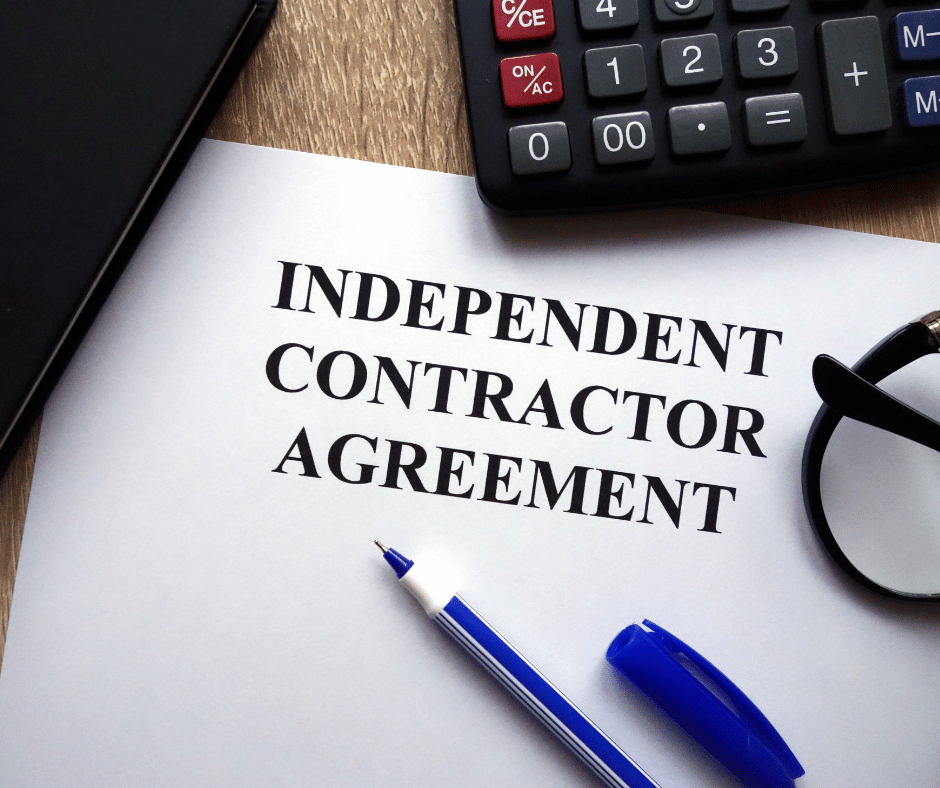Long-term success in the dynamic world of freelancing depends on establishing and preserving a good reputation. Your reputation as a freelancer speaks volumes about your competence, dependability, and professionalism. Managing your reputation has never been more complicated or important than it is now, thanks to the proliferation of online platforms that link independent contractors with global clients. We’ll look at ten reputation management suggestions in this post that are especially relevant to independent contractors.
Produce Outstanding Work Continually
Reputation building is based on a solid foundation of continually producing excellent work. Make it your goal to surpass clients’ expectations by completing tasks on time and delivering work that demonstrates your abilities. Your job, which also serves as a representation of your skills, directly affects your reputation. Your reputation in the freelancing community will be strengthened by happy clients, who are more likely to recommend you to others and offer glowing reviews.
Effective Communication
A trustworthy freelancer will always communicate in an open and straightforward manner. Give clients regular updates on the status of the project, respond quickly to any issues, and ask for input in a proactive manner. Prompt communication establishes credibility by showcasing your dedication to meeting client needs. It also facilitates communication and enables corrections to be made before problems get out of hand.
Establish a credible online identity
One of the most important parts of reputation management is your internet presence. Make a polished website that highlights your experience, qualifications, and clientele. Make use of social media sites to interact with your audience, offer your knowledge, and take part in pertinent conversations. In addition to improving your professional image, a well-written LinkedIn profile can increase your discoverability to potential clients.
Gather and present testimonies
Testimonials from happy customers are excellent resources for establishing credibility. After a project is finished, ask clients for comments. Display these endorsements on your website or portfolio. Prospective customers frequently base their hiring decisions on the experiences of others; therefore, genuine testimonials are an important means of endorsing your abilities and expertise.
Take negative comments gently
Negative feedback can occasionally come from freelancers. But the way you respond to criticism can have a big effect on your reputation. Reactions to negative comments should be solution-focused rather than defensive. Respond to the client’s concerns, offer an apology if needed, and show that you’re committed to finding a solution. An opportunity to demonstrate your professionalism can be created out of a bad experience with a helpful reaction.
Determine your niche and focus
In addition to helping you refine your abilities, specializing in a certain niche increases your visibility to clients looking for knowledge in that field. It improves your reputation and distinguishes you from generalist freelancers when clients perceive you as an authority in a certain area. Make it a point to establish yourself as the industry authority in your chosen field; the apparent knowledge will help your reputation.
Have reasonable aspirations
An essential component of reputation management is controlling client expectations. Communicate openly about your abilities, project schedules, and any obstacles that may arise. Assuring that everyone is in agreement and preventing misunderstandings starts with setting reasonable expectations. Meeting your commitments gives customers a favorable experience and enhances your reputation for dependability.
Connect and work together
Developing a robust professional network is a powerful means of improving your reputation. Participate in industry events, join online forums, and communicate with clients and other freelancers in a proactive manner. When it is feasible, work together on projects; these kinds of relationships can result in favorable recommendations and testimonies. By networking, you can increase the size of your clientele and position yourself as a valuable contributor to the freelance community.
Keep abreast of industry trends
Clients view freelancers who keep up with industry changes and innovations as more useful. Update your abilities on a regular basis, go to pertinent workshops, and keep up with developments in your field. Being up-to-date on the newest trends not only enhances your reputation as an expert but also presents you as a freelancer who is committed to ongoing progress.
Safeguard Your Internet Image
Online reputation management is critical in the digital age. Keep a close eye on your internet presence and take swift action to remove any offensive material. Track mentions of your brand or name using web resources, and if necessary, consider hiring a company to manage your online reputation. Actively managing and monitoring your online presence can help you maintain a good reputation and avoid potential harm.
You Can Also Read: Company 1234: What We Do
Your reputation is one of your most important assets as a freelancer. Reputation building and maintenance involve doing outstanding work, communicating clearly, and taking proactive steps to manage your internet presence. In the cutthroat world of freelancing, freelancers can build a solid reputation as reputable professionals and a lasting, positive brand by putting the ten reputation management suggestions covered in this article into practice.



